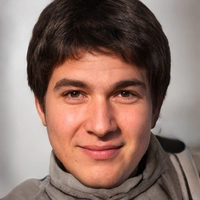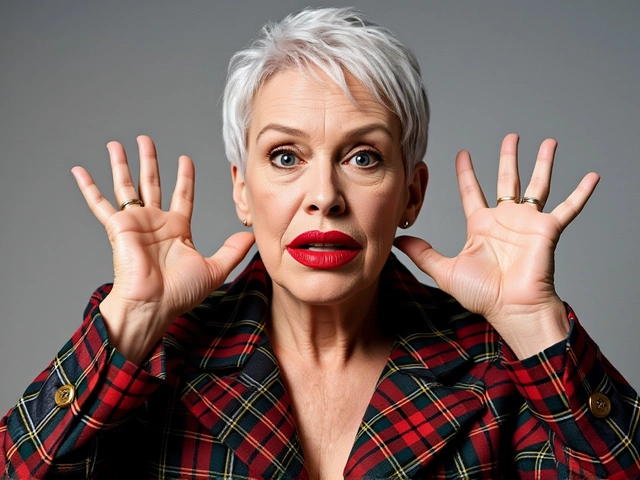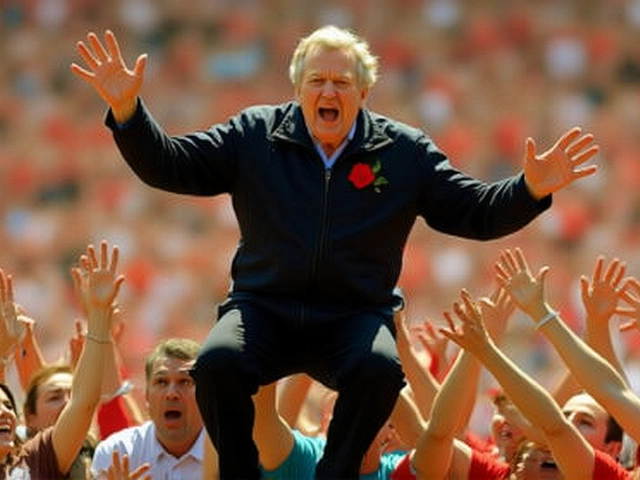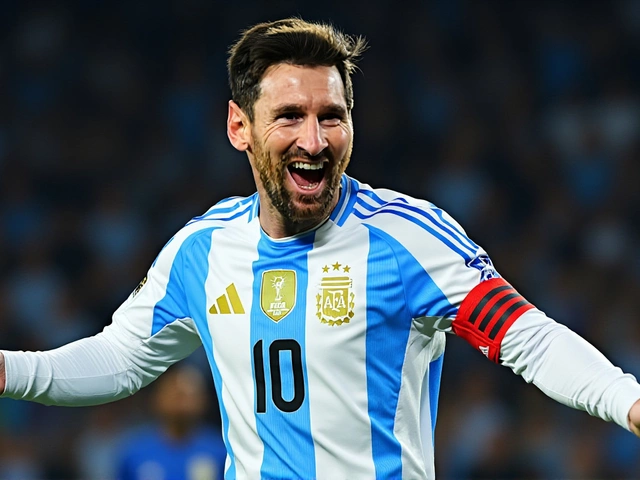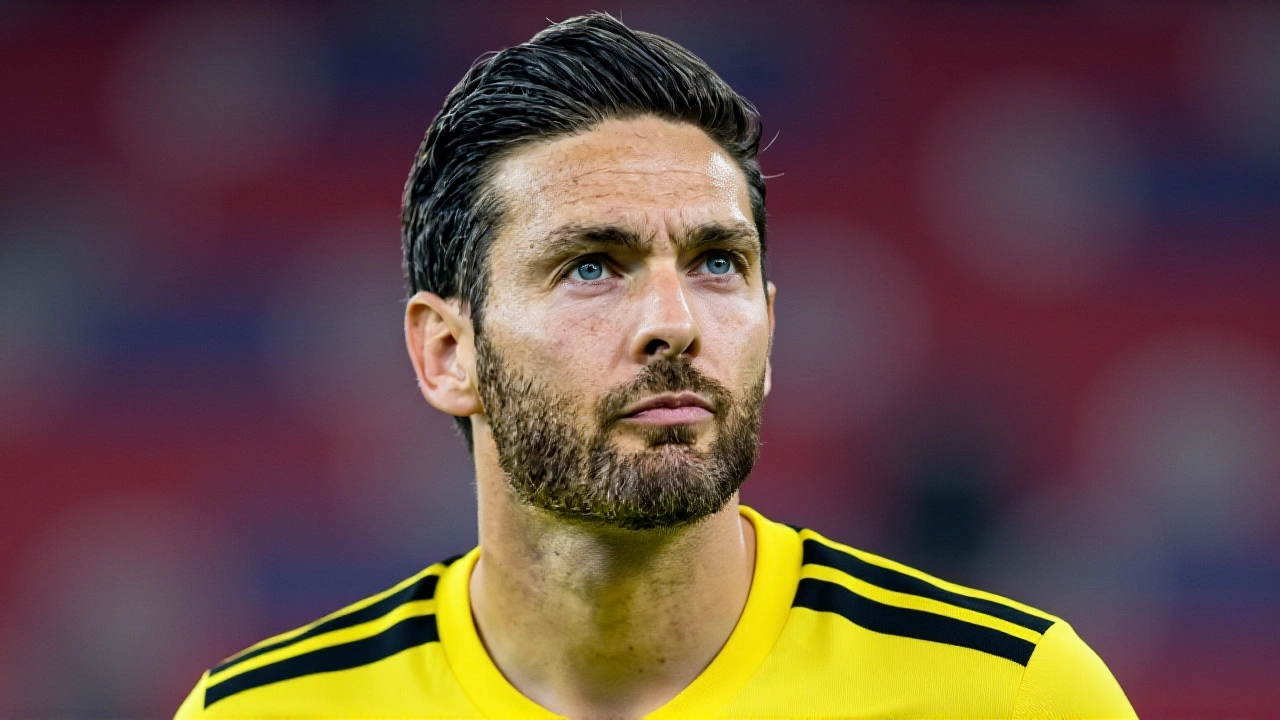
Scotland goalkeeper Craig Gordon didn’t mince words after his team’s gritty second-half showing against Greece national football team: if Scotland wants to keep climbing, they’ve got to do it again — and again. "The spirit and quality shown in the second half against Greece needs to be replicated if the Scots are to progress," Gordon said, his tone carrying the weight of someone who’s seen too many promising starts fizzle out. The match, which took place on UEFA Nations League matchday in Hampden Park, Glasgow on October 15, 2024, ended 1-1 — a result that felt more like a missed opportunity than a moral victory.
What Went Right in the Second Half?
For 45 minutes, Scotland looked sluggish. Passes were wayward. Movement was predictable. Fans in the stands grew restless. Then, at halftime, something clicked. Gordon, 41, didn’t need to shout. He just pointed. And when the second half began, the team transformed. Midfielder John McGinn started dictating tempo. Forward Lyndon Dykes pressed like a man possessed. And the defense — once porous — suddenly looked organized, compact, unyielding. The equalizer came in the 58th minute, a crisp low cross from Andrew Robertson that Anthony Ralston tucked home. It wasn’t pretty, but it was purposeful.
"We stopped playing for the crowd and started playing for each other," Gordon told reporters afterward. "That’s what I mean by spirit. It’s not just energy — it’s belief. And quality? That’s when you make the right pass under pressure. When you hold your shape even when you’re tired. That’s what we showed. Now we’ve got to do it every time. Not just when we’re behind. Not just when the stadium’s loud. Every single match."
Why This Matters for Scotland’s Future
Scotland’s last major tournament appearance was Euro 2020 — and they didn’t win a game. Since then, under manager Steve Clarke, they’ve shown flashes of promise but consistently failed to string together two strong performances. This match against Greece was their third in the Nations League B Group 1, and with wins over Cyprus and a draw against Greece, they’re now in contention to avoid relegation. But Gordon’s message is clear: draws won’t cut it anymore.
"We’ve had too many ‘almost’ moments," said former Scotland captain James McArthur, now a pundit for BBC Scotland. "The difference between qualifying and watching from home isn’t talent — it’s consistency. Gordon’s right. The second half against Greece was the blueprint. Now they’ve got to live by it."
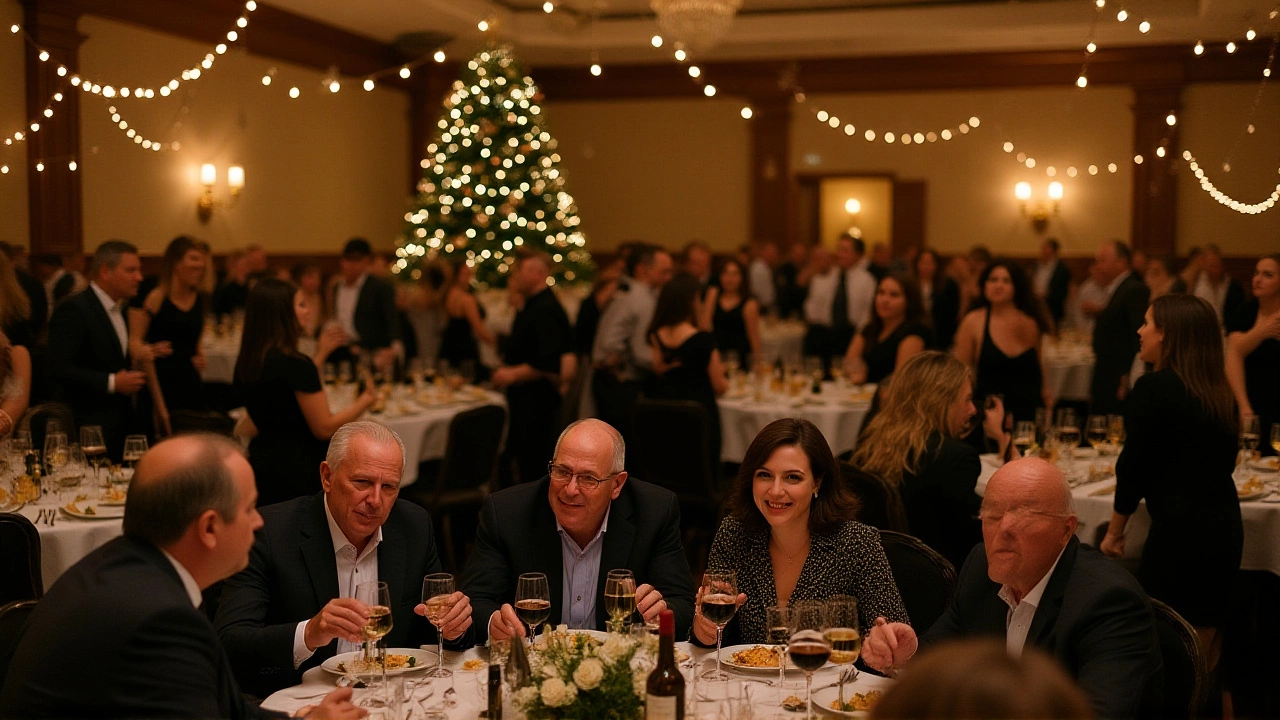
The Pressure Is On
Scotland’s next fixture — a home game against Cyprus national football team on November 19 — is a must-win. A loss, and their Nations League fate hinges on results elsewhere. A win, and they’ll be within touching distance of promotion to League A. Gordon’s leadership is no longer just about saving shots. It’s about setting the tone. At 41, he’s the oldest player in the squad, the veteran who’s seen it all: the 2019 Nations League heartbreak, the 2022 World Cup qualifying collapse, the emotional Euro 2020 run.
"He’s not just the goalkeeper," said Clarke in a recent press conference. "He’s the heartbeat. When he speaks, the lads listen. And right now, he’s telling them: ‘We’re better than this.’"
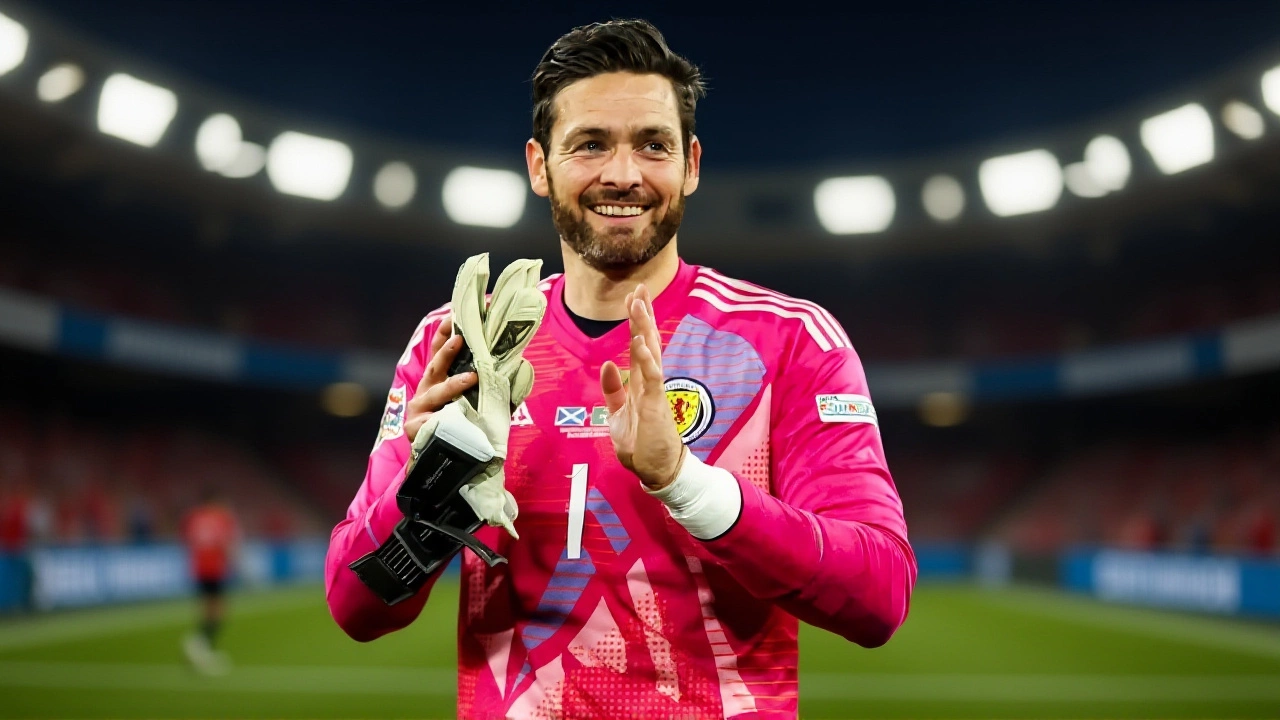
What’s Next for Scotland?
The real test comes in March 2025, when Scotland enters the Euro 2026 qualifiers. That’s where promotion from the Nations League matters — it means easier draws, better seeding, and a clearer path to qualification. But none of that happens if Scotland keeps playing like they’re waiting for someone else to lead. Gordon’s message isn’t just about tactics. It’s about identity. Are they a team that rises in the second half? Or are they a team that only shows up when it’s too late?
"I’ve played for 22 years," Gordon said. "I’ve seen teams with more talent lose because they didn’t care enough in the final 10 minutes. We can’t be that team anymore."
Historical Context: Scotland vs. Greece
Scotland and Greece have met 10 times since 1979. Scotland holds a slight edge: 4 wins, 3 draws, 3 losses. Their last meeting was in 2018 — a 1-0 Scottish win in a friendly. But in competitive fixtures, Greece has often been the spoiler. In 2004, they held Scotland to a 0-0 draw in a Euro qualifier. In 2016, they drew 1-1 in Athens, a result that ultimately dented Scotland’s World Cup hopes. This latest encounter continues that pattern — but with a twist. This time, Scotland didn’t just survive. They fought back. Now, they have to learn how to start that way.
Frequently Asked Questions
Why did Craig Gordon focus on the second half specifically?
Gordon’s focus on the second half stems from Scotland’s recurring pattern of slow starts followed by late surges. In their last five competitive matches, Scotland scored just one goal in the first 45 minutes but netted six in the second half. He’s not praising the comeback — he’s criticizing the delay. The team can’t afford to wait until halftime to find their rhythm if they want to qualify for Euro 2026.
How does this match compare to Scotland’s past performances?
The 2024 match against Greece was Scotland’s first time coming back from behind in a competitive fixture since 2021. In their previous 11 competitive matches, they failed to score after the 60th minute in eight of them. The fact they managed to equalize — and did so with disciplined pressing and quick transitions — marks a tactical shift under Steve Clarke. But replicating it consistently remains the challenge.
What impact could this have on Scotland’s Euro 2026 qualification chances?
If Scotland maintains this second-half intensity across their Euro 2026 qualifiers, they’re likely to earn at least three more points than they did in the 2022 cycle. That could mean the difference between finishing third (out of the running) and second (entering the playoffs). With key players like Robertson, McGinn, and Dykes still in their prime, the window is open — but only if the team plays with the same urgency every match, not just when they’re losing.
Is Craig Gordon likely to keep playing at this level?
At 41, Gordon is the oldest active international goalkeeper in Europe. He’s played 48 times for Scotland, and his performance against Greece was his 14th clean sheet in his last 25 appearances. He’s shown no signs of decline — in fact, his positioning and communication have improved. He’s signed with Celtic until 2025 and has indicated he’ll play through the 2026 qualifiers. His leadership may be his most valuable asset now, even more than his saves.
What do the stats say about Scotland’s second-half performances?
According to Opta data, Scotland averages 0.8 goals per match in the first half and 1.4 in the second half across all competitions since 2020. Their shot conversion rate jumps from 9% in the first half to 17% in the second. This isn’t luck — it’s fatigue in opponents and improved decision-making. But relying on that pattern is dangerous. Top teams don’t wait to wake up. Scotland needs to start fast — or risk being left behind.
Could this be a turning point for Scottish football?
It could be — if the players internalize Gordon’s message. For years, Scotland’s identity has been built on passion, not precision. But this generation has the technical ability to compete with Europe’s best. What’s missing is consistency. If the squad adopts the second-half mentality as their default — not just a reaction — it could redefine Scottish football. Gordon’s leadership might be the spark that finally turns potential into progress.
